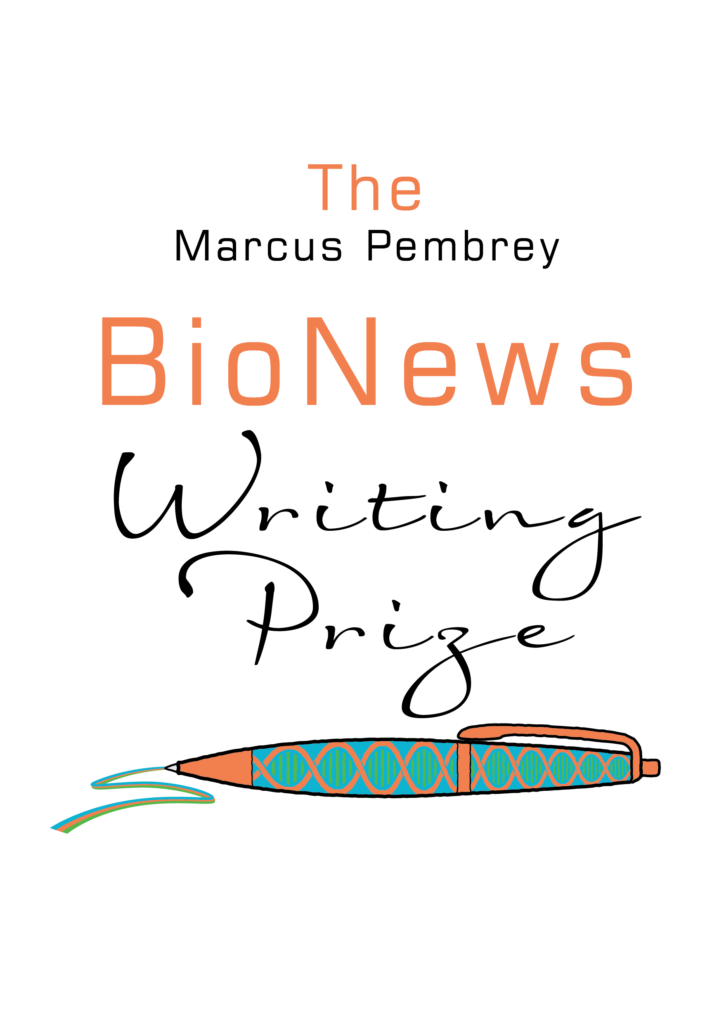A new US company, DNA Sciences, has launched a web-based appeal to recruit up to 100,000 volunteers to provide DNA samples for research into a range of illnesses, including Alzheimer's disease, diabetes and breast cancer. Participants will not be paid, although the firm does pledge that any new diagnostic tests developed using a donor's DNA will be made freely available to the donor.
Geneticists had thought that the best way to identify genes involved in disease was to study isolated populations, such as those found in Iceland and Estonia. But many researchers now believe that studying mixed populations might prove more fruitful, especially for companies seeking to develop new drug treatments for common illnesses. '[A particular] gene might be great for Iceland but it's not the gene for New York City and we sell far more drugs in New York City than Iceland' said Professor Allen D Roses of Glaxo Wellcome last week.
Potential DNA Sciences donors must first fill out an online questionnaire about their health and medical history. Critics are concerned that people may not realise what they are signing up for when they agree to take part in the programme. 'It is essentially being developed and hitting the spotlight without a sense of rules, ethics and social norms' said Janlori Goldman, director of the health privacy project at Georgetown University.
In the UK, the Wellcome Trust and the Medical Research Council (MRC) will next year ask half a million people to take part in a study looking at the influence of lifestyle and genes on several illnesses. 'There's a remarkable degree of willingness to participate in things of this sort, provided it's explained' said Tom Meade of the MRC.





Leave a Reply
You must be logged in to post a comment.